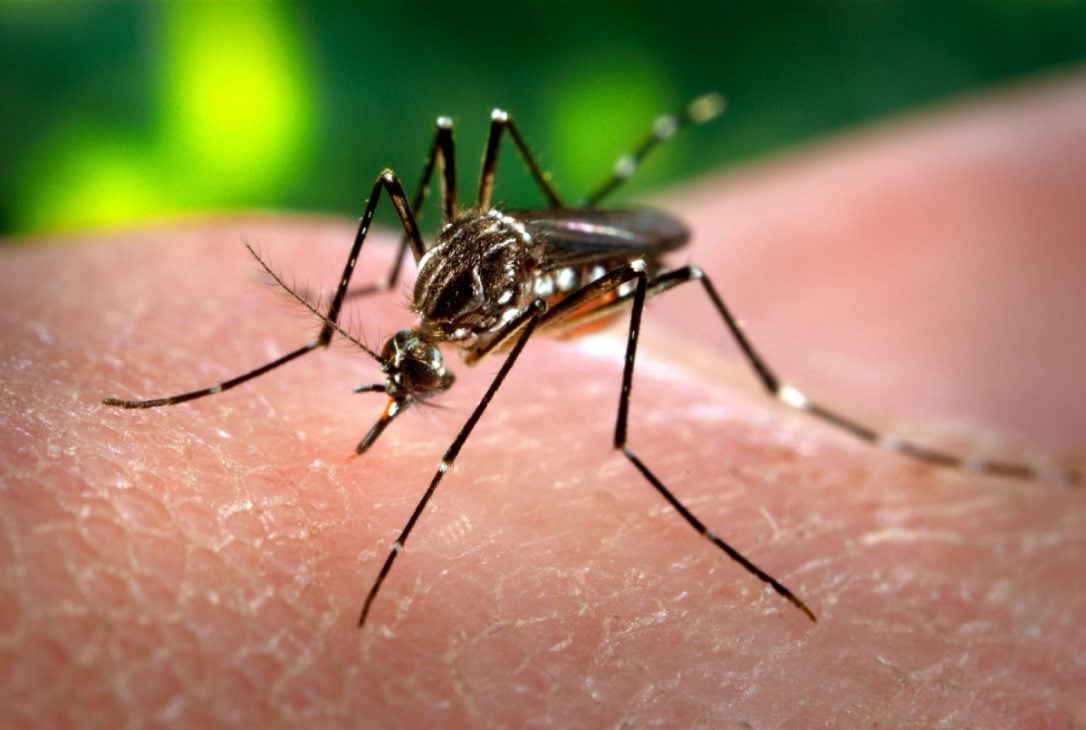
Anti-dengue campaigns were not conducted regularly before the monsoon season in Lahore and other districts. Therefore, the number of patients is on a sharp rise and the victims now total 240. Most of the dengue patients hail from upscale localities and 80% of Lahore has been declared a red zone due to the presence of larvae.
The lack of coordination between local health authorities and the district administration in Lahore is the main cause of dengue’s surge. There were no specified arrangements made by the administration to test and treat dengue patients, allowing private laboratories to take full advantage of the situation. People who were diagnosed with dengue were charged around Rs1,500 to Rs2,000 per test.
Patients had to get themselves tested at least five to seven times, which was financially beyond the reach of poor patients. In the past, private laboratories were bound to conduct the dengue test at Rs90, but the current regime did not take a similar measure this time around.
According to the meteorological department, the monsoon season of 2019 was of a greater intensity. The accumulated water from the rains allowed dengue larvae to flourish. Also, SOPs for prevention were not followed. It had been decided to spray the areas from which dengue patients originated, but the lack of staff resulted in little action to this effect.
Dengue larvae were recovered from more than 20,000 places in Lahore, including houses, factories, hotels and graveyards. More than 2,100 cases have been registered against the concerned people, while 65 were arrested.
On the orders of the Punjab government, the recruitment process of about 2,000 dengue prevention staff has started. However, at the same time, the number of dengue patients also increased significantly.
In a recent development, Punjab Chief Minister Usman Bazdar removed DC Lahore Saleha Saeed from her post due to the lack of dengue control. Additional Deputy Commissioner Revenue Asghar Joiya has been appointed in her place and assigned with the task of wiping out dengue. He confirmed that 2,000 workers were already in the field and that number is likely to increase to 2,500.
Joiya said the efficiency of monitoring teams was being checked on a daily basis at all government hospitals. “All tests are being conducted free-of-cost at government hospitals and specialised treatment wards have also been set up “We are carrying out awareness campaigns and walks. There is no need to afraid of dengue, but preventive measures and cleanliness are a must.”
Grow plants to keep dengue away
The Punjab Forest Department has advised citizens to grow special types of plants for the prevention of dengue mosquitoes. Citizens can get these plants from the forest nurseries of the department.
Experts believe that there are about a dozen plants, such as sweet basil, tulsi, rosemary and lemongrass, which exude a scent that can dengue mosquitos from spreading. They said that not only do these plants eliminate pollution, but they also keep the mosquitoes away.
District Forest Officer Chaudhry Hayat Hassan told The Express Tribune that they have thousands of plants in their nurseries which prevent dengue mosquitoes. “These plants are very cheap and can be obtained from our nurseries in various cities of the province. These plants are also available at the Punjab Horticulture Authority and private nurseries.”
In the past, the Punjab Forest Department and PHA distributed free plants among citizens. There is a possibility that the government will be considering this demand and distribute the plants at a very low cost or even free-of-charge in 2019.
A resident of Model Town, Mohammed Waleed, planted sweet basil, mint, and lemongrass at his home last year. “My house became mosquito-free because of the scent of these plants. Earlier, I used a variety of sprays and coils, but the smell made my children sick and they suffered from influenza. However, these plants are more useful,” he said.
Experts say that the aroma of different types of plants and shrubs is so effective that mosquitoes and many kinds of insects do not come to the area where they live. Some plants and herbs are also used to make mosquito, insect and pest repellent sprays. In villages, even today, women use the leaf nectar of these plants to keep babies safe from mosquito bites.
Published in The Express Tribune, October 6th, 2019.

1727646144-0/Untitled-design-(33)1727646144-0-165x106.webp)

1717421843-0/Doja-Cat-(1)1717421843-0-165x106.webp)












1727268465-0/Untitled-design-(42)1727268465-0-270x192.webp)
COMMENTS
Comments are moderated and generally will be posted if they are on-topic and not abusive.
For more information, please see our Comments FAQ